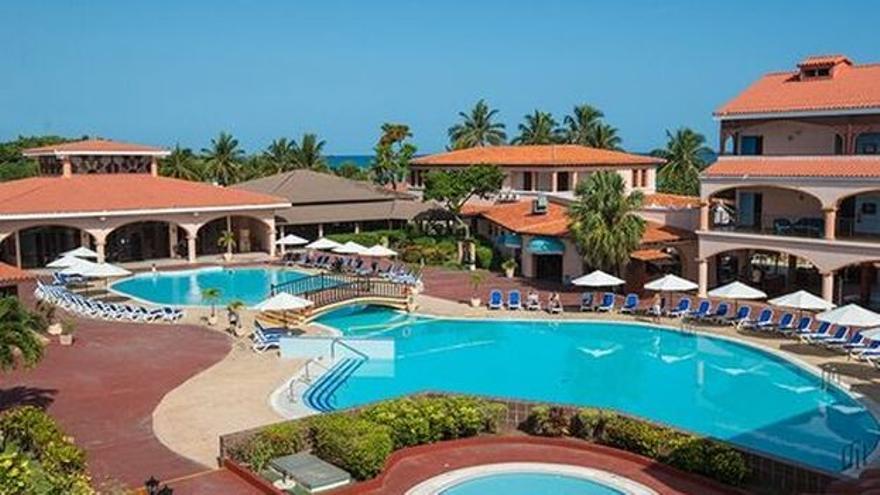
![]() 14ymedio, Havana, 15 August 2023 — For the third time, South Florida district judge Robert N. Scola has dismissed the claims of the heirs of several properties confiscated by the Cuban regime after the triumph of the Revolution against the travel agencies Booking, Hotels, Expedia and Orbitz. The plaintiffs, who inherited the land on which the Starfish Cuatro Palmas hotel and the Memories Jibacoa resort were built, have been trying to obtain compensation from the four companies since 2019, under Title III of the Helms-Burton Law.
14ymedio, Havana, 15 August 2023 — For the third time, South Florida district judge Robert N. Scola has dismissed the claims of the heirs of several properties confiscated by the Cuban regime after the triumph of the Revolution against the travel agencies Booking, Hotels, Expedia and Orbitz. The plaintiffs, who inherited the land on which the Starfish Cuatro Palmas hotel and the Memories Jibacoa resort were built, have been trying to obtain compensation from the four companies since 2019, under Title III of the Helms-Burton Law.
In a resolution, partially published on the page of the U.S.-Cuba Trade and Economic Council, the judge again rejected the claim, amended for the third time, for the reasons he had previously alleged.
The magistrate points out that the plaintiffs, Mario del Valle, Enrique Falla, Angelo Pou and Mario Echeverría obtained ownership of the land by inheritance in 2004 and 2014, which excludes their right to claim in accordance with the provisions of the Helms-Burton rule approved in 1996 by then-President Bill Clinton. Title III of the law authorizes Americans affected by the Cuban State’s confiscations, who were owners before the law went into effect, to make a claim.
The judge emphasizes that due to this fact, lawsuits of this type have already been dismissed, and he cites them in the verdict.
In addition, according to the magistrate, the businessmen still have not duly proved that the agencies were aware of intentionally “trafficking” with those properties. The court considers that, for all the reasons analyzed in the resolution, there are no reasons to initiate a compensation process, and, without going into the merits of the matter, it again puts an end to the procedure.
“These findings are sufficient to resolve the amended third lawsuit, which must be rejected and, therefore, dismissed. The Court refrains from addressing the rest of the parties’ arguments related to the law, its definitions and its application,” the court said.
In February 2023, the Court of First Instance of Palma, in Spain, agreed with the Cuban State entity, Gaviota, in a lawsuit against the hotel Meliá, filed in 2021 by the Sánchez-Hill family. The judicial headquarters alleged the lack of jurisdiction of the Spanish courts in this process since the confiscation was a “sovereign act carried out by Cuba through its own laws.”
In 2019, the plaintiffs filed a legal action against the Balearic chain Meliá for the operation of two hotels, Paradisus Río Oro y Sol and Río y Luna Mares, on land that belonged to their family before 1959. On that occasion, the judge issued the provisional file of the case for the same reasons as now, but the Sánchez-Hills appealed to the Provincial Court (higher authority), considering that the tax domicile of the company made the lawsuit possible.
For its part, the State company maintained that Cuba enjoys immunity from jurisdiction and, since the lawsuit was directed against the Island, the privilege was extended to the rest of the defendants. In addition, Gaviota added that meeting the demand meant ruling on goods located within Cuba without extraterritorial effects in Spain, as well as something impossible: ruling on sovereign acts of a State.
Translated by Regina Anavy
____________
COLLABORATE WITH OUR WORK: The 14ymedio team is committed to practicing serious journalism that reflects Cuba’s reality in all its depth. Thank you for joining us on this long journey. We invite you to continue supporting us by becoming a member of 14ymedio now. Together we can continue transforming journalism in Cuba.
